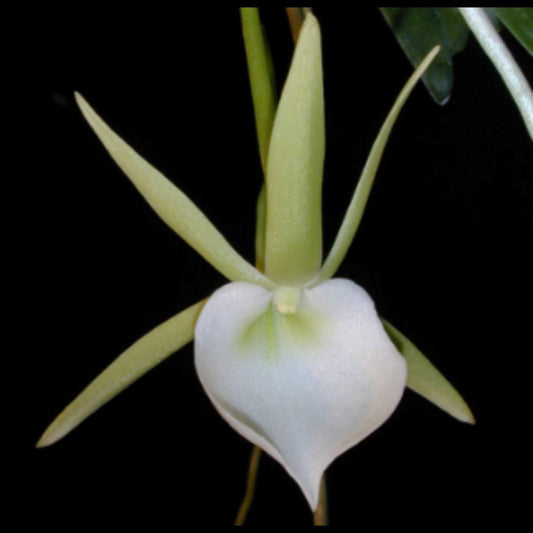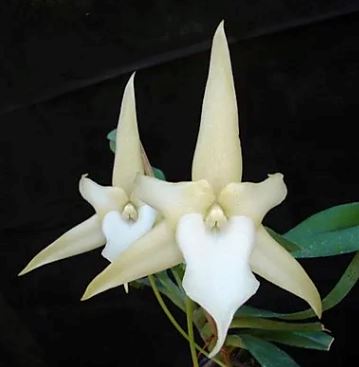
Orchid Care 101: A Comprehensive Guide to Orchid Care: Monthly Schedule for Optimal Health
Introduction:
Orchids are renowned for their exquisite beauty and captivating fragrance, but maintaining their health and vibrancy requires a well-structured care routine. To help you keep your orchids thriving, we've compiled a monthly schedule that covers essential aspects of their care, including watering, insecticidal and fungicidal treatments, and fertilization.
Month 1-2: Getting Acquainted with Your Orchid
Week 1-2: Initial Assessment
- Inspect your orchid for signs of pests or diseases.
- Familiarize yourself with the specific needs of your orchid species.
Week 3-4: Establishing Watering Routine
- Water your orchid when the top inch of the potting mix feels dry.
- Ensure proper drainage to prevent waterlogging.
Month 3-4: Preventative Measures
Week 5-6: Insecticidal Soap Application
- Apply insecticidal soap to control common pests such as aphids and spider mites.
- Repeat every two weeks or as needed.
Week 7-8: Fungicidal Treatment
- Apply a fungicide to prevent fungal infections.
- Keep the orchid in a well-ventilated area to promote air circulation.
Month 5-6: Fine-Tuning Your Routine
Week 9-10: Adjusting Watering Frequency
- Monitor your orchid's response to watering and adjust frequency accordingly.
- Be mindful of environmental changes affecting humidity levels.
Week 11-12: Fertilizer Application
- Start a regular fertilization schedule using a balanced orchid fertilizer.
- Apply fertilizer every two weeks, following package instructions.
Month 7-8: Vigilance and Maintenance
Week 13-16: Continued Pest Control
- Regularly inspect your orchid for pests.
- Consider introducing beneficial insects like ladybugs for natural pest control.
Week 17-20: Pruning and Repotting
- Trim dead or yellowing leaves.
- Repot your orchid if it outgrows its current container or if the potting mix breaks down.
Month 9-10: Preparing for Dormancy
Week 21-22: Gradual Reduction of Watering
- Begin to reduce watering frequency as your orchid enters a dormant phase.
- Allow the potting mix to dry out slightly between waterings.
Week 23-24: Cease Fertilization
- Stop fertilizing your orchid during its dormancy period.
Month 11-12: Winter Maintenance
Week 25-26: Monitor Light Levels
- Ensure your orchid receives adequate light during the winter months.
- Consider supplementary lighting if natural light is limited.
Week 27-28: Adjusting Watering for Winter
- Decrease watering further during the winter to simulate the orchid's natural dormant period.
- Be cautious of cold drafts and sudden temperature changes.
Conclusion: By adhering to this monthly schedule, you'll be equipped to provide your orchid with the care it needs to flourish. Remember, each orchid is unique, so observe your plant closely and adjust the schedule as necessary. With dedication and attention to detail, you'll enjoy the enduring beauty of your orchid for years to come.
Remember, successful orchid care requires a combination of knowledge, observation, and a willingness to adapt practices based on the unique needs of your plant. Happy growing!








